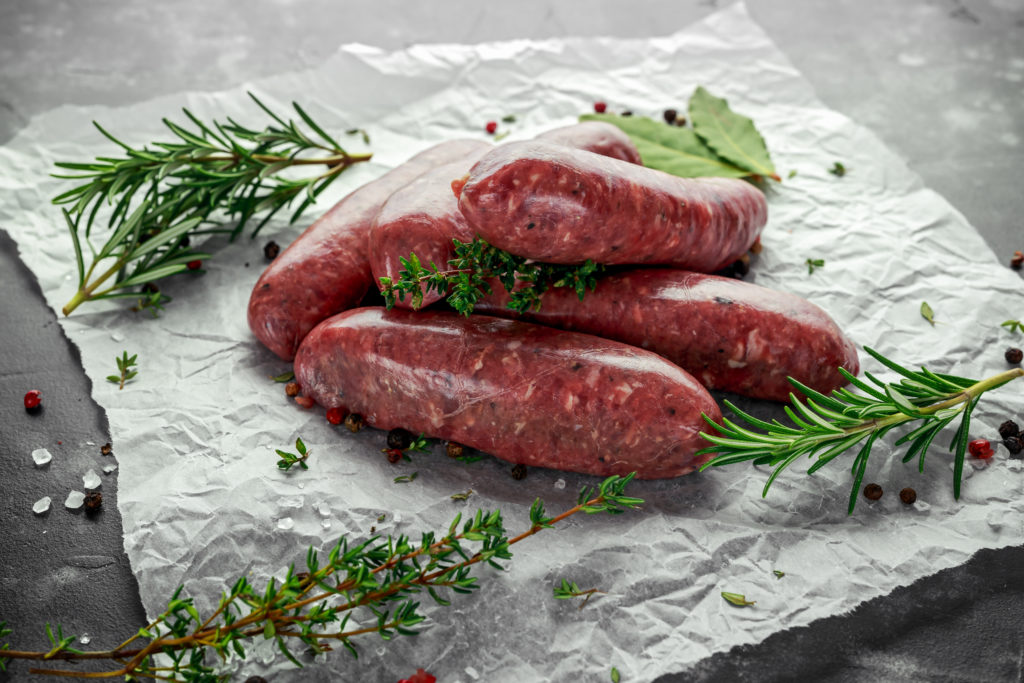
Vegetarian sausages, soya steak and meat-free bacon are a thing of the past in France following an amendment to its Agriculture Bill.
French lawmakers have prohibited any product that is largely based on non-animal ingredients from being labelled like a traditional animal product. Breaching the new rules will lead to fines of up to €300,000 (£260,000).
So what is the rationale for this ban? The argument is that consumers might be misled into believing these products were real meat although it is not clear whether this concern is founded. Unsurprisingly the amendment to the Agricultural Bill was put forward by a cattle farmer.
Meat alternatives are no longer a staple fodder for just vegetarians and vegans, as an increasing number of people are looking to reduce their meat intake for health reasons – many people are now having a “meat-free” day once a week. The manufacturers of meat alternatives are now targeting this part of the market. Quorn in particular is being promoted for its low fat properties.
A costly ban
The impact of this ban will be costly for the French manufacturers of meat free alternatives who will have to change their branding and labelling of their products in order to comply. Any company that has gone through re-branding before knows, the process can be expensive and it takes time for consumers to recognise the new name and the brand as the product they previously brought. Starburst will always be “Opal Fruits” for many.
Manufacturers may also have already registered a trademark using their product name and registering any new name will be another cost. Whilst descriptive terms like vegetarian sausage are not usually capable of being trademarked food manufacturers may have the logo containing the product name protected.
UK market for meat alternatives
It is unclear if the UK will follow France’s lead. However, we already have regulations preventing misleading advertising and consumer views are starting to change how retailers are approaching labelling of meat free products. In January Marks & Spencer faced a backlash for its cauliflower steak – partly for its lofty £2 price tag, but also because consumers found the use of ‘steak’ in the product name misleading. Marks & Spencer ended up removing the product from sale.
The UK market for meat alternatives is growing and reportedly ranges between £250 million to £300 million annually, which is nearly 3% of the meat market.
Professor Michael Winter OBE from the University of Exeter has recommended in a new report that farmers should see this area as an opportunity. He commented: “Farmers should be proactive, helping to create new food culture which nourishes and sustains health and wellbeing, building further on UK farmers’ proven ability to produce safe nutritious and affordable food in response to market demand. As demand changes so UK farmers need to respond with confidence to the concerns and opportunities in our changing society.”
So while the legislative changes in France may be unsettling for UK producers of vegetarian meat alternatives, it is a sector that is here to stay.
